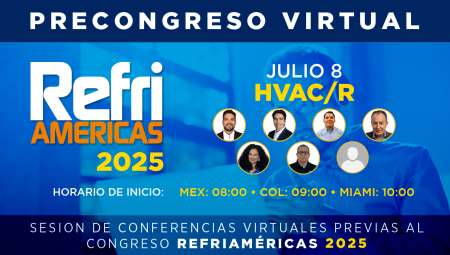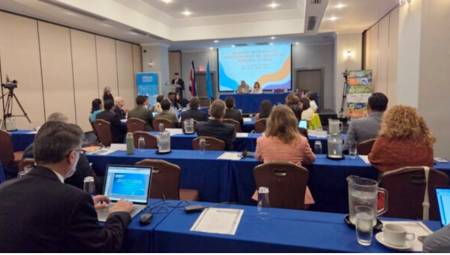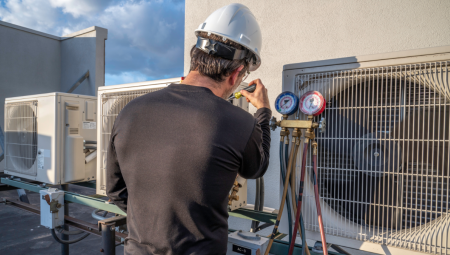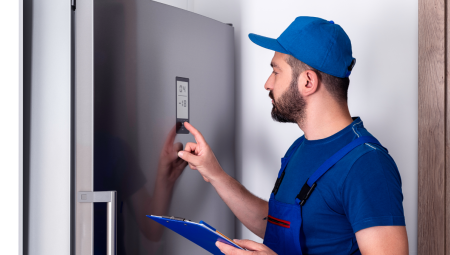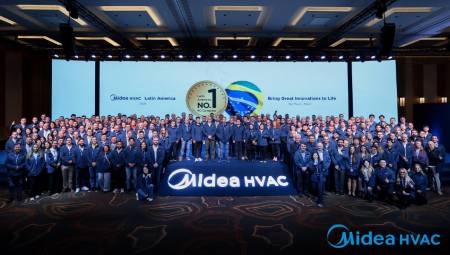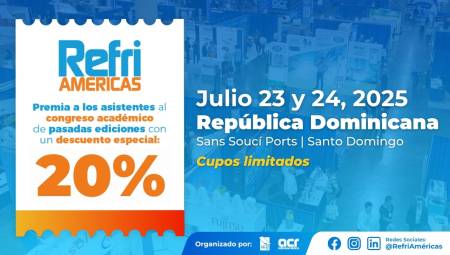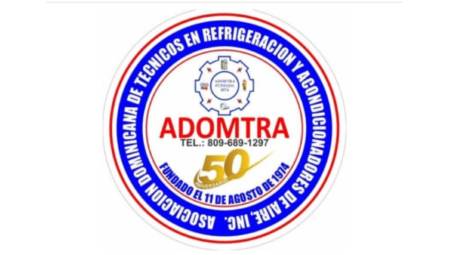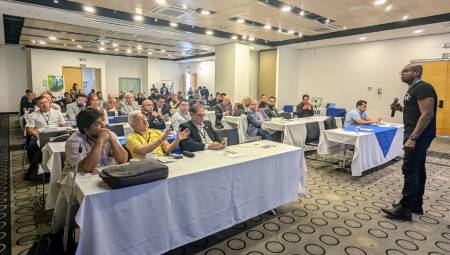 International. Sustainable Energy for All (SEforALL) published the report called Chilling Prospects: Providing Sustainable Cooling for All: the first report to quantify the growing risks and assess the opportunities of the global cooling challenge.
International. Sustainable Energy for All (SEforALL) published the report called Chilling Prospects: Providing Sustainable Cooling for All: the first report to quantify the growing risks and assess the opportunities of the global cooling challenge.
The report shows that there are more than 1.1 billion people worldwide who face immediate risks from lack of access to refrigeration. Cooling underpins the ability of millions to escape poverty, to keep our children healthy, for vaccines to be stable, for food to be nutritious, and for our economies to be productive. Access to refrigeration is now a fundamental issue of fairness, and as temperatures reach record levels, this could also mean the difference between life and death for some.
The report explains that these risks are a problem of development and climate change, as they pose challenges to the health, safety and productivity of populations around the world, especially in countries in Asia and Africa, where access gaps are greatest. However, this challenge also offers entrepreneurs and entrepreneurs the opportunity for important new consumer markets that want super-efficient and affordable technologies to meet their refrigeration needs.
"In a world in constantly rising temperatures, access to refrigeration is not a luxury, it is essential for everyday life. It ensures safe cold supply chains for fresh produce, safe storage of life-saving vaccines and safe working and housing conditions," said Rachel Kyte, Executive Director and Special Representative of the UN Secretary-General for Sustainable Energy for All.
"This report from Chilling Prospects is a wake-up call. We must meet these needs in an energy-efficient manner and without using substances harmful to the ozone layer. If not, the risks to life, health and the planet are significant. But there are equally important business opportunities for those who face the challenge and act early."
Closing these cooling access gaps is essential for the economic growth and development of many countries, and especially vulnerable populations. Key findings based on an analysis of 52 vulnerable countries in hot climates include:
- 1.1 billion people face risks of access to refrigeration, including:
- 470 million people in poor rural areas without access to safe food and medicine
- 630 million people in poorer, hotter urban slums with little or no cooling to protect them against extreme heat waves
Nine countries have the largest populations facing significant cooling risks. These countries in Asia, Africa and Latin America include: India, Bangladesh, Brazil, Pakistan, Nigeria, Indonesia, China, Mozambique and Sudan.
2.3 billion people represent a different kind of cooling risk: a growing middle class, where limited purchasing options mean they can only afford to buy less expensive and less efficient cooling devices, which could skyrocket global energy demand with profound climate impacts.
It is also estimated that refrigeration is now responsible for about 10% of global warming and is growing rapidly. Future choices about refrigerants, the efficiency of refrigeration technologies and how cooling is enhanced will have a significant impact on achieving the Paris Climate Agreement. Previous research indicates that by 2050, job time losses per country due to excessive heat and lack of access to cooling are expected to be more than 2% and a maximum of 12%.
With the destructive effects of climate change now widely felt, Chilling Prospects issues an urgent urgent call and specific recommendations to policymakers, business leaders, investors and civil society to increase access to sustainable refrigeration solutions for all. Specific recommendations in the report include:
- Government policymakers should immediately measure gaps in access to cooling in their own countries, as an evidence base for more proactive and integrated policymaking.
- Businesses, governments and financial actors should collaborate to assess and act on the enormous trade and economic opportunities, including productivity, jobs and growth, by providing sustainable refrigeration solutions for all.
- Manufacturers, industry associations and lenders must be actively involved and cooperate to develop products and financial solutions that meet the needs of those who do not have access to refrigeration.
- All stakeholders should accelerate their innovation efforts and embrace a paradigm shift: think more holistically about how we provide cooling, focusing first on reducing heat load and then on how to provide cooling affordably and sustainably.
Source: Sustainable Energy for All.



